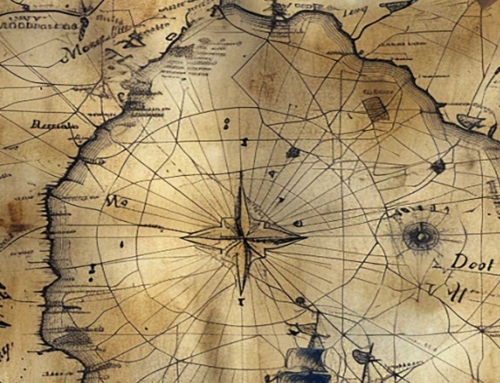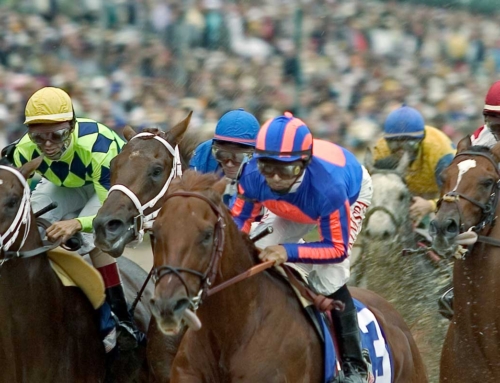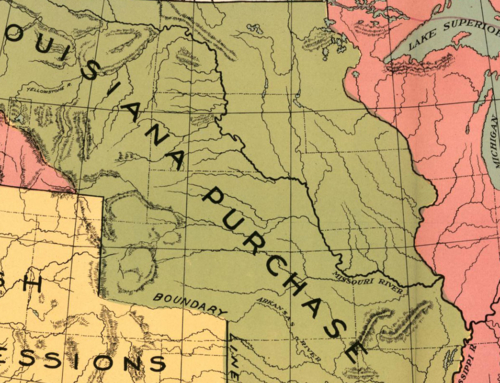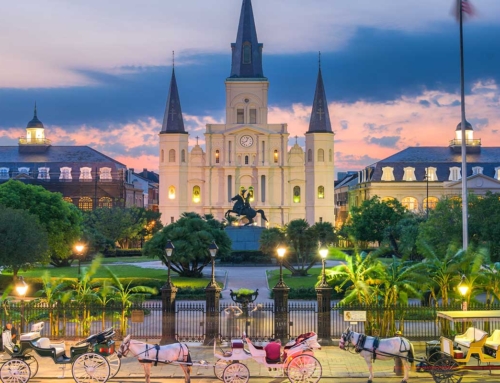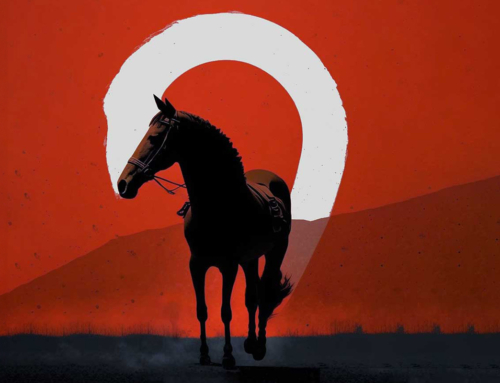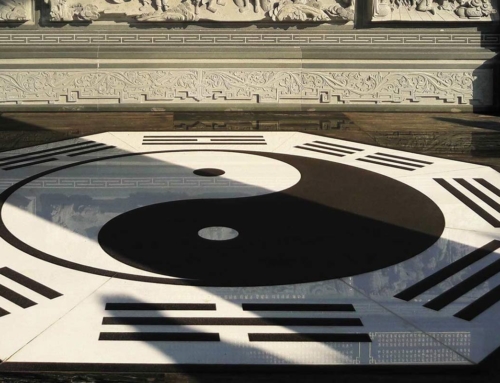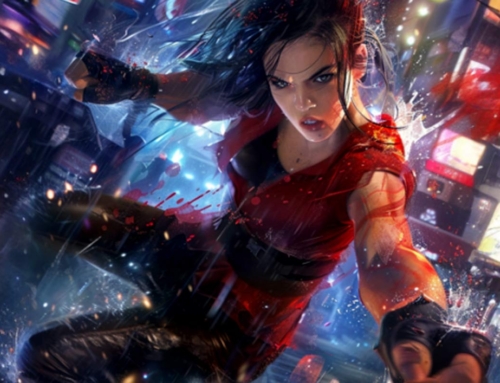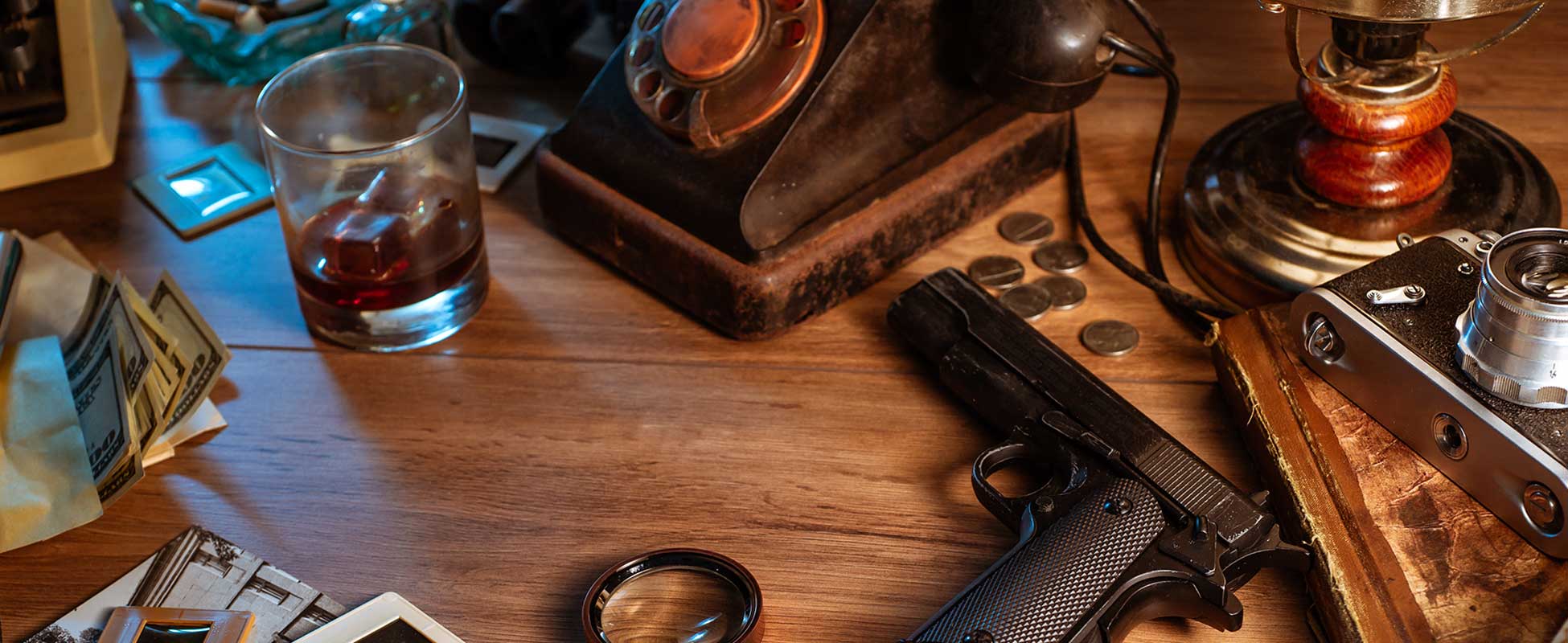
The World of Hard-Boiled Detective Novels
Mean Streets and Moral Murk
The world of fiction is filled with all sorts of detectives — brilliant minds like Sherlock Holmes and quirky sleuths like Miss Marple. But a special kind of detective inhabits a different kind of story: the hard-boiled detective of the pulp era.
Born in the Pulp: A Gritty Genesis
Hard-boiled detective novels emerged in the 1920s and 1930s, a time of social and economic upheaval in the United States. Prohibition fueled organized crime, and the Great Depression painted a bleak picture of poverty and despair. These harsh realities became the backdrop for hard-boiled fiction.
The Hard-Boiled Hero: A Cynical Soul with a Moral Compass
Unlike their more polished counterparts, hard-boiled detectives are often cynical loners. They’ve seen the worst humanity has to offer, leaving them world-weary and tough. Think Humphrey Bogart in a trench coat, a cigarette dangling from his lips. But here’s the twist: beneath the cynicism lies a flicker of morality. These detectives may be jaded, but they cling to a sense of right and wrong, taking on cases even when the odds are stacked against them.
Kings of the Genre: Dashiell Hammett and Raymond Chandler
Two names stand out as the titans of hard-boiled fiction: Dashiell Hammett and Raymond Chandler. Hammett, a former Pinkerton detective, brought a stark realism to his stories. Like the iconic Sam Spade in The Maltese Falcon, his characters navigate a world of corruption and violence with sharp wit and steely resolve. Chandler, on the other hand, added a layer of psychological complexity to his narratives. His detective, Philip Marlowe, grapples not just with physical threats but also with the moral ambiguity that permeates his world.
Beyond the Fedora: Key Elements of Hard-Boiled Fiction
Here are some key elements that define the hard-boiled genre:
Fast-Paced Plots: Hard-boiled stories are driven by action and suspense. The detectives find themselves embroiled in dangerous situations, with twists and turns that keep the reader guessing.
First-Person Narratives: Many hard-boiled novels are narrated from the detective’s perspective, offering a first-hand glimpse into their cynical worldview and thought processes.
Vivid Settings: The mean streets of New York City, Los Angeles’ underbelly—these are the playgrounds of the hard-boiled detective. The grimy settings become almost like characters themselves, reflecting the moral decay of the world the detectives inhabit.
Sharp Dialogue: Hard-boiled fiction is full of witty banter and hard-boiled one-liners. Dialogue becomes a tool not just to move the plot forward but also to reveal the detective’s personality and worldview.
A Legacy of Influence: Hard-Boiled Beyond the Pulp Pages
The influence of hard-boiled fiction extends far beyond the pages of those old pulp magazines. It has left its mark on film noir, television shows, and even video games. The world-weary detective with a moral compass remains an enduring archetype, a reminder that even in the darkest corners, there’s a flicker of light trying to fight its way through.
The New Guard: Parker, MacDonald, and Macdonald
The legacy of hard-boiled fiction was carried forward by later authors such as Robert B. Parker, John D. MacDonald, and Ross Macdonald, who each brought their unique voices to the genre. Robert B. Parker, best known for his Spenser series, revitalized the hard-boiled detective for a new generation. Spenser, a tough yet thoughtful private eye, navigates the gritty streets of Boston with a blend of wit, moral fortitude, and a code of honor.
John D. MacDonald’s Travis McGee series also left a significant mark on the genre. McGee, a “salvage consultant” who lives on a houseboat in Florida, takes on cases that bring him into contact with the underbelly of society. MacDonald’s keen eye for social issues and environmental concerns adds depth to his thrilling narratives, making his work stand out in the hard-boiled tradition.
Ross Macdonald, with his detective Lew Archer, brought a psychological and literary quality to the genre. Archer’s cases often delve into the complex histories and dark secrets of his clients, reflecting the author’s interest in human nature and personal trauma. Macdonald’s prose is richly descriptive, and his plots are intricately woven, often revealing the interconnectedness of past and present sins.
Exploring the Depths: Themes and Motifs
Hard-boiled detective novels often explore themes of corruption, betrayal, and redemption. These stories peel back the layers of society to reveal the rot beneath the surface. The detectives themselves are often flawed heroes, battling their inner demons as much as the external threats they face.
The motif of the “fallen woman” is common in these novels, reflecting the period’s gender dynamics and social mores. However, more modern takes on the genre have subverted these tropes, offering more nuanced and diverse portrayals of female characters.
The Enduring Appeal: Why We Love Hard-Boiled Fiction
What keeps readers coming back to hard-boiled detective novels? Perhaps it’s the allure of the anti-hero, the flawed yet principled detective who stands up against the darkness. Or maybe it’s the gritty realism, the fast-paced action, and the sharp dialogue that keeps us hooked. These stories remind us that even in the face of overwhelming odds, one person can make a difference.
A new hard-boiled detective novel, “ROLL: A Gable & McLaren Mystery” by Niklas Three, combines all these exciting elements with an ample dose of adventure in the swamps of Louisiana, creating a unique take on the genre. If interested, pick up a copy on Amazon today!
Stepping into the Shadows
So next time you’re looking for a thrilling read, delve into the world of hard-boiled detective novels. Just be prepared to enter a world where the shadows are long, the stakes are high, and the only guarantee is that the hero will come out bruised but not broken. Whether you start with the classics of Hammett and Chandler or explore the works of Parker, MacDonald, and Macdonald, you’ll find yourself drawn into a world where morality is murky, and justice is hard-won.



